Book Review: What My Mother And I Don’t Talk About
RACHEL SOO THOW - 14 MAR 2022
"There is a gaping hole perhaps for all of us, where our mother does not match up with "mother" as we believe it's meant to mean and all it's meant to give us. What I cannot tell her is all that I would tell her if I could find a way to not still be sad and angry about that."
This collection from fifteen essayists is absolutely gut-wrenching and remarkable. I picked this novel up after I saw it floating around Bookstagram and had a few others assure me that the collection was incredible, so next minute, it’s in my hands. From the very first page I was hooked - editor Michele Filgate explores ways of connecting to her own mother through cooking, and I couldn’t help but feel a sense of anticipation and familiarity for what was to come. Growing up in a semi-traditional Asian family, ‘love’ isn’t usually a word expressed out loud and emotions aren’t usually displayed on the daily. It’s a culture that you could say is historically and predominantly collectivistic in its approach – any notion of emotion separate to the ‘masses’ is often de-emphasized and recognised as deviating too far from the norm.
Having been born here in New Zealand as opposed to Malaysia like my relatives, both myself and my sister have had to juggle this sense of being stuck between a Westernised culture and a collective one that engages in social comparisons with family and traditions. The very action and verbal expressions of love have always been traditionally shown through food: memories of arriving home from school to a smorgasbord of hot steaming food under lace food covers and a rice cooker filled with rice to the right temperature is no different to what I experience today popping over to the parentals for a visit. Over the years, I would say my personal relationship with my mother has developed - those teenage angst years playing out whilst she was busy cooking in the background, to now being enveloped with hugs and copious amounts of food in containers and time spent talking about work… Now, this isn’t to say that our relationship today has suddenly transformed into a picture-perfect one - it’s far from it, actually. There’s always been a realisation that it will always be hard for us to connect emotionally - the mother-daughter relationship seeks constant reinforcement, so when it’s met with negativity, there is no going back and this is where the imminent frustration lies. How far is too far? And is this a relationship that is bound by traditional habit? Can it be repaired? It’s no wonder then, that this book piqued my interest into a subject that I’ve realised is sometimes deemed taboo or vaguely explored.
"To live with the pain of my strained relationship with my mother is one thing. To immortalize it in words is a whole other level. There's something deeply lonely about confessing your truth. The thing was, I wasn't truly alone. For even a brief instant of time, every single human being has a mother. That mother-and-child connection is a complicated one. Yet we live in a society where we have holidays that assume a happy relationship. Every year when Mother's Day rolls around, I brace myself for the onslaught of Facebook posts paying tribute to the strong, loving women who shaped their offspring. I'm always happy to see mothers celebrated, but there's a part of me that finds it painful too."
What remains unsaid and the trauma that follows is a beautiful examination of motherhood. From Melissa Febos to Carmen Maria Machado’s decision to not be a mother to the heartbreaking story of Nayomi Munaweera’s mother stuck in a badly arranged marriage and having an undiagnosed mental illness on top of that, the narratives are truly raw and vulnerable. Not only that, but these stories have illustrated that comparison in itself is a dangerous thing. Through childhood right into adulthood, I’ve always found myself unconsciously comparing my own relationship with my mother against others - a love that is gentle and kind and absent of judgment sometimes seems out of reach. The flaws that I choose to dwell on seem to manifest with each passing moment and I find myself sitting there in dismay and anguish as to what I’ve walked into and how things could have imploded to such a state. It’s not often that one can feel alone even surrounded by loved ones.
Reading these stories gave me insight into motherhood and the similar frustrations felt by these writers - I wasn’t alone. These feelings were absolutely valid and will always be heartbreaking, yet it pays to remind oneself that mothers are simply human. As individuals, sometimes we may attribute our feelings and behaviour to what we experienced through childhood and the haunting truths that lie within our relationships today, but these essays simply break through the silence with absolute grace. Yes, these experiences have shaped who we are but not who we will become; there always seems to be some unspoken bond that as daughters, we will all turn out like our mothers and the connotation brings with it some kind of negative flair… but so what if we do? And what if we don’t? These pathways of communication will always be picked apart but will inherently form our very anatomy. Mothers are idealised as protectors, carers and givers and nothing less, so when they fail to meet these societal expectations, failure sits at the heart of this role. We try so hard to bury these feelings that in some cases we choose to not let it exist at the expense of avoiding pain in our lives.
"There is a difference between the fear of upsetting someone who loves you and the danger of losing them. For a long time, I couldn't separate them. It has taken me some work to discern the difference between the pain of hurting those I love and my fear of what I might lose. Hurting those we love is survivable. It is inevitable. I wish that I could have done less of it."
Filgate successfully illustrates that mothers are just like any of us- they are dynamic, forlorn, loving, frustrated, pained, funny and flawed.
They are home.

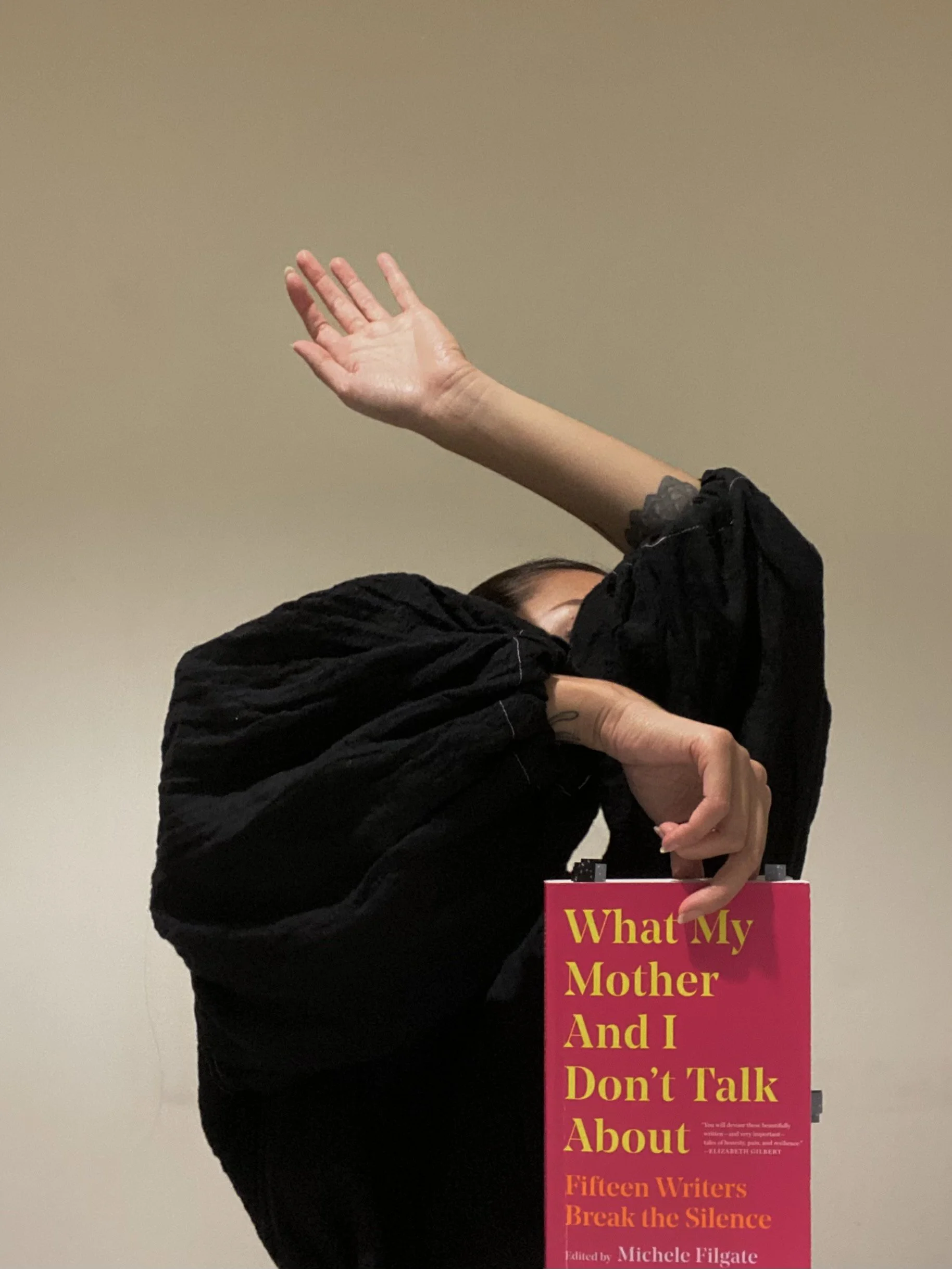
![[Friday Feature] Valere: Interview & Review of Single/Video ‘Lily’s March’](https://images.squarespace-cdn.com/content/v1/60df978127837427ee475bb1/1712873492906-GFSK6SW4FJ2Z2STOJVAM/Valere+-+Photo+Credit+Hayden+Graham+%281%29.jpg)

![[Video Premiere] Sig Wilder & Friends: Video for ‘Texasman’ + Interview](https://images.squarespace-cdn.com/content/v1/60df978127837427ee475bb1/1699397388451-3GDFG0FOA5T5WPA33ANE/IMG_2393.JPG)


![[International] Jackson VanHorn Releases New EP ‘Liminal Music, Vol. 1’](https://images.squarespace-cdn.com/content/v1/60df978127837427ee475bb1/1695708847770-UF5H8G2X7N9Q9KF22TA5/Jackson+VanHorn+Liminal+Music+Vol+1.jpeg)

![[Friday Feature] Jazmine Mary: Interview + New Album ‘Dog’](https://images.squarespace-cdn.com/content/v1/60df978127837427ee475bb1/1686280012940-2OBAFHQ9HIJFIVNYE3CZ/JazmineMary_Album+image+no+text+-+Credit+-+Jim+Tannock.jpg)
![[Video Premiere] Emily Rice Releases New Single/Video ‘Warenoa’](https://images.squarespace-cdn.com/content/v1/60df978127837427ee475bb1/1685044212209-9X8UTD0I22FY3LAGKDHI/Press+Shot_+Photo+Credit%2C+Charles+Looker.jpg)


![[Australia] Benny Time: Interview + New Album ‘Benny and Friends’](https://images.squarespace-cdn.com/content/v1/60df978127837427ee475bb1/1653689671831-U73A00Y16B4PYUPIEY7X/Benny+Time+3596.jpg)

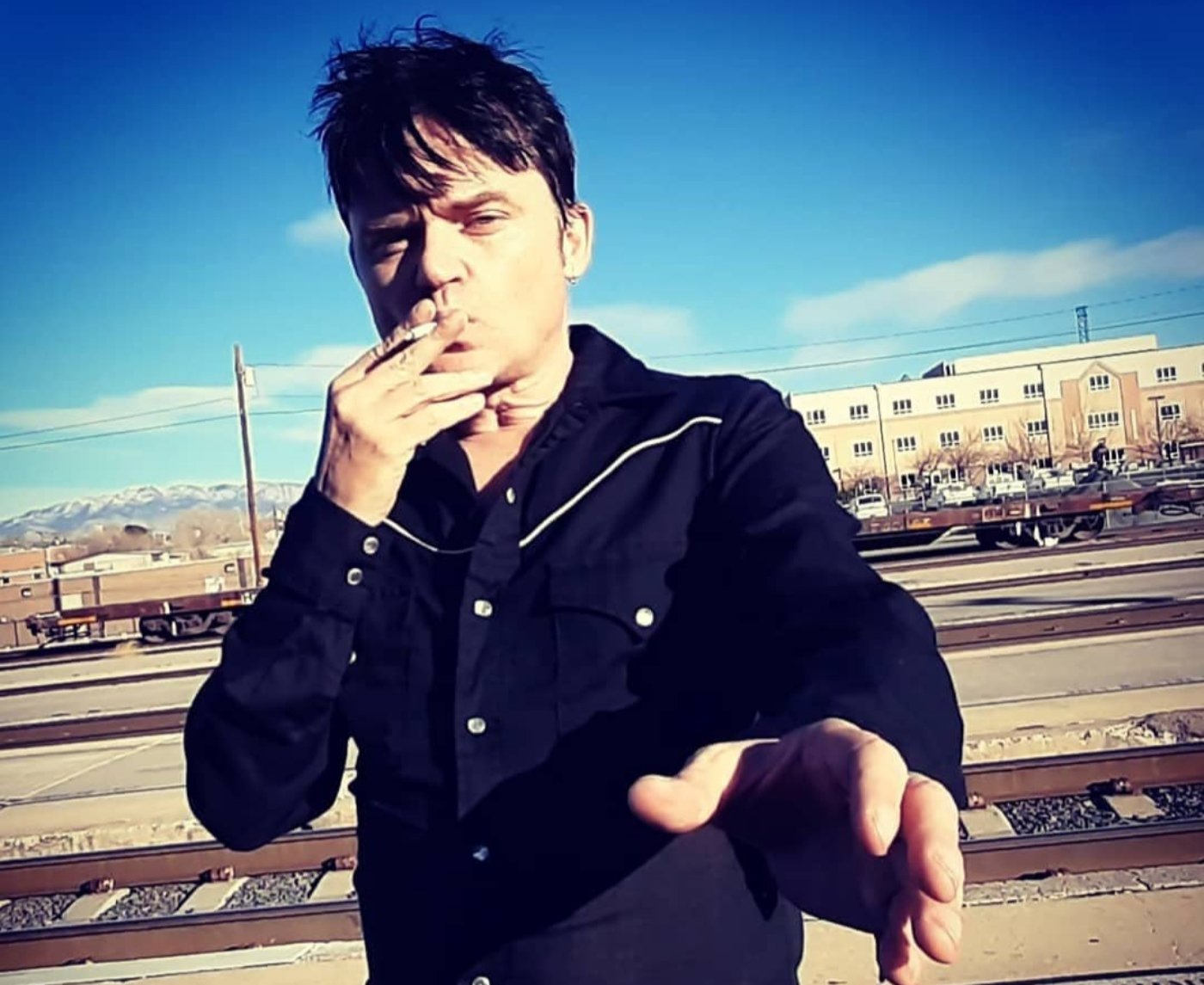






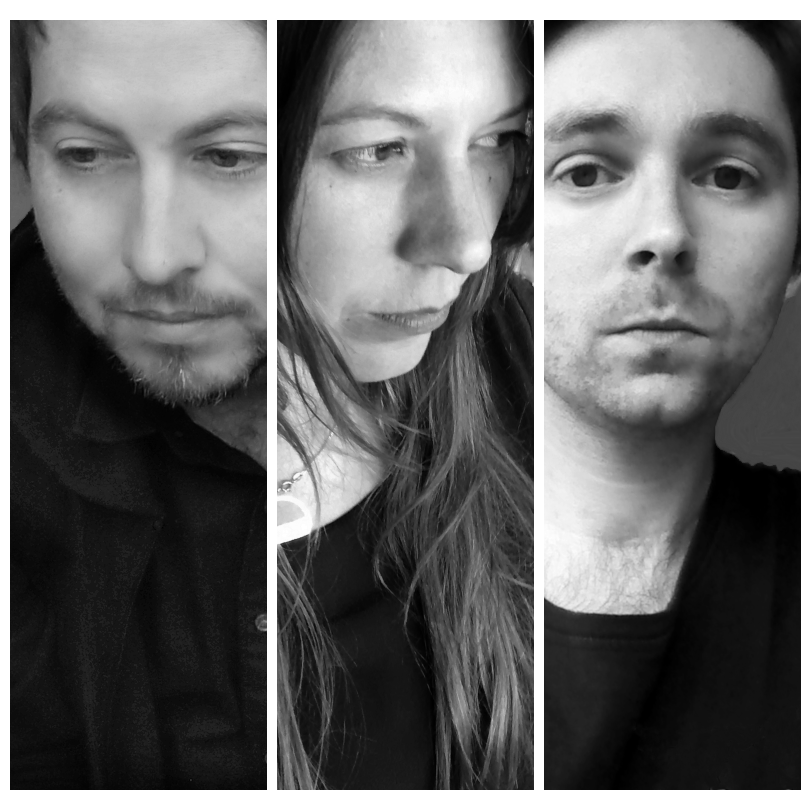
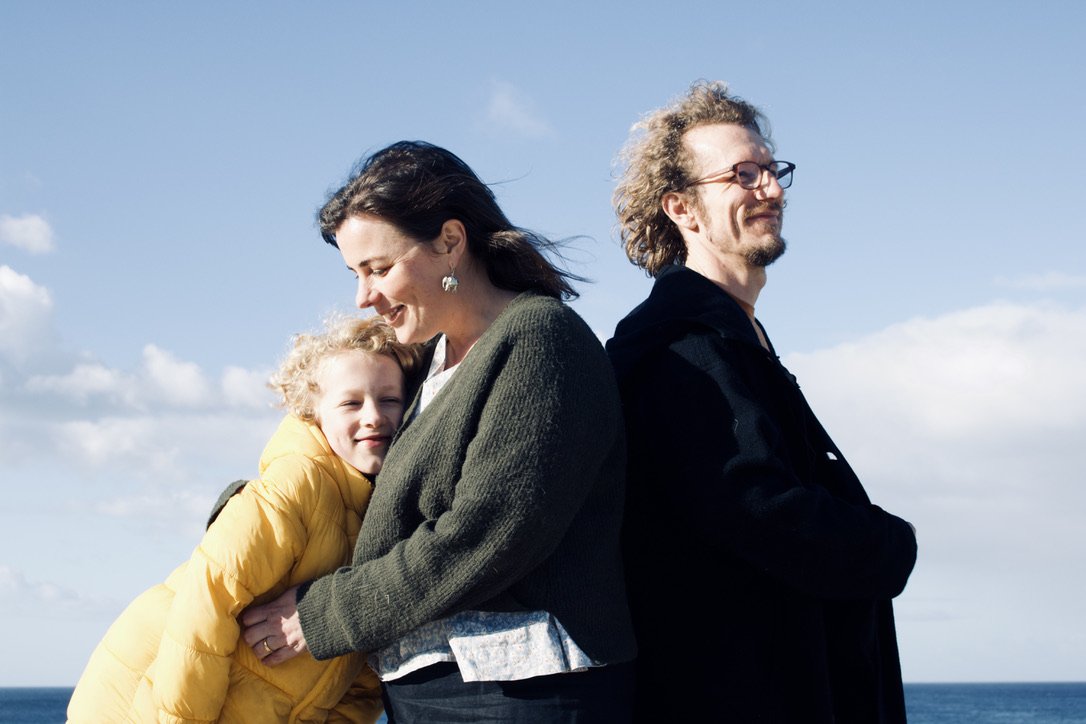

![[International] Alison Clancy: Poised for Greatness](https://images.squarespace-cdn.com/content/v1/60df978127837427ee475bb1/1645751104499-HT5MCDXMERC9SDSW4XW5/Alison+Clancy+Mutant+Gifts+Cover.jpeg)
![[International] Halfway Harbor: ‘Table Stains’](https://images.squarespace-cdn.com/content/v1/60df978127837427ee475bb1/1644389562677-EPD8X84SUDEW0Y5THAX3/HH+Photo+2.JPG)
![[Video Premiere] Rewind Fields Releases Video for ‘Photographs’ from New Self-Titled Album](https://images.squarespace-cdn.com/content/v1/60df978127837427ee475bb1/1645087328492-XGACSPK0JASK6GHYPNJ8/Rewind+Fields+Press+Photo.jpg)

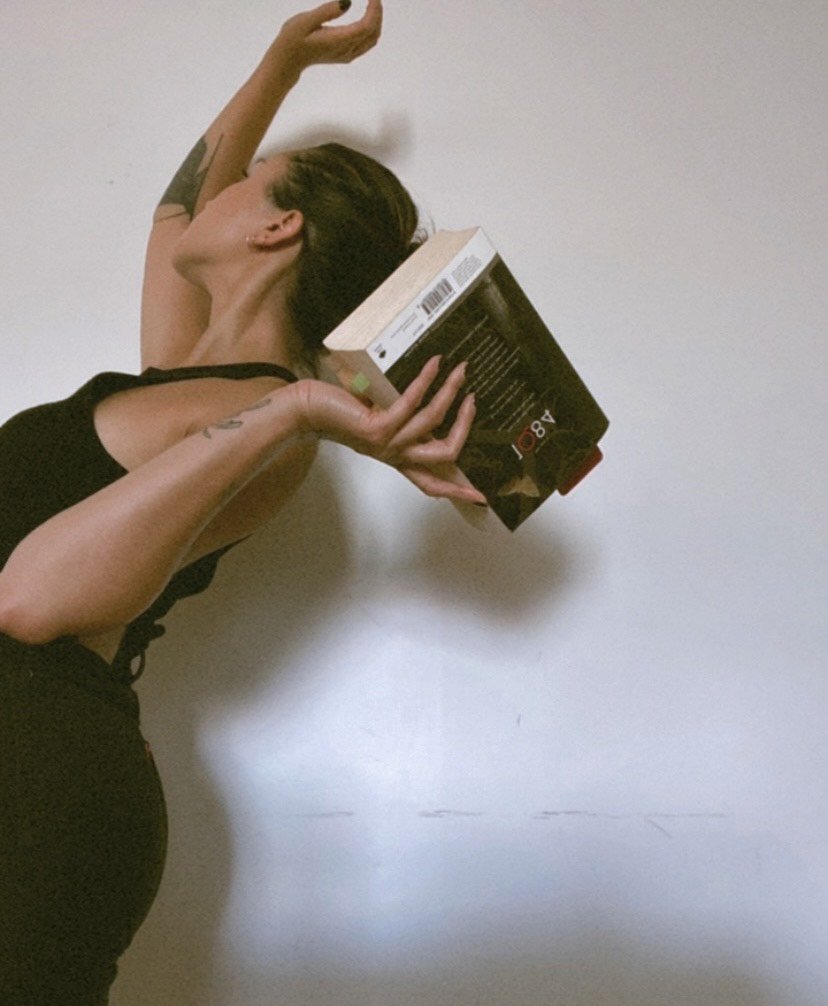

![[International] Alison Clancy: Mutant Gifts - Live at St John's](https://images.squarespace-cdn.com/content/v1/60df978127837427ee475bb1/1641160174046-V0BKLPG6FI59NARZSUDN/alison-clancy-by-esteban-haga_51689972648_o.jpg)